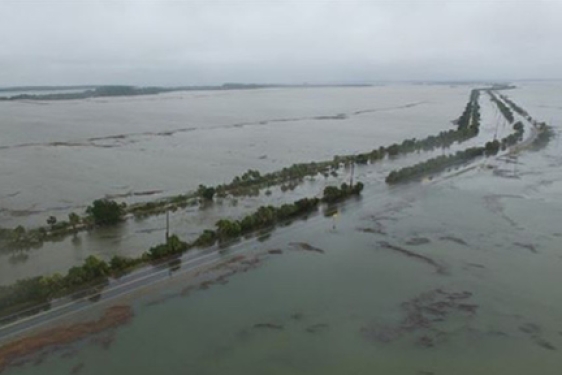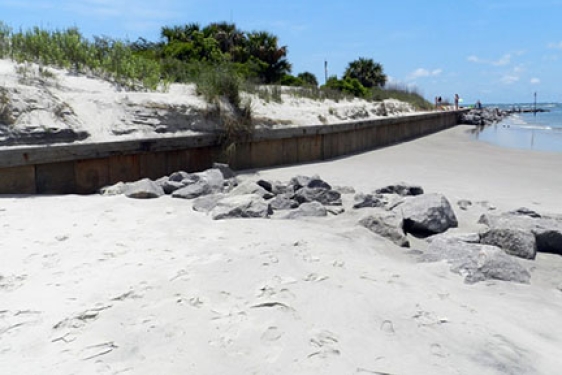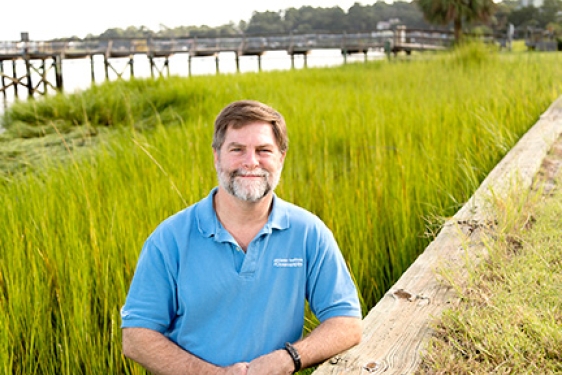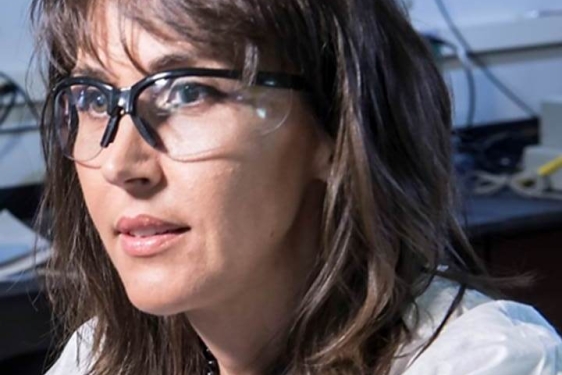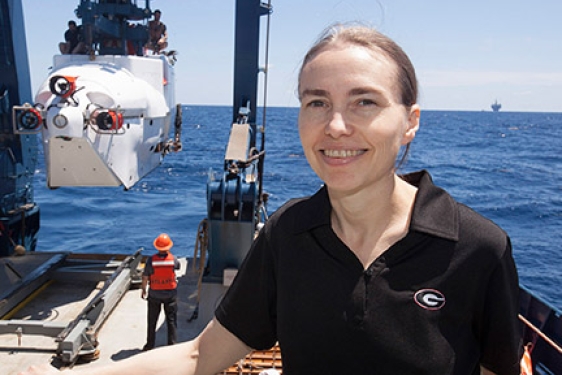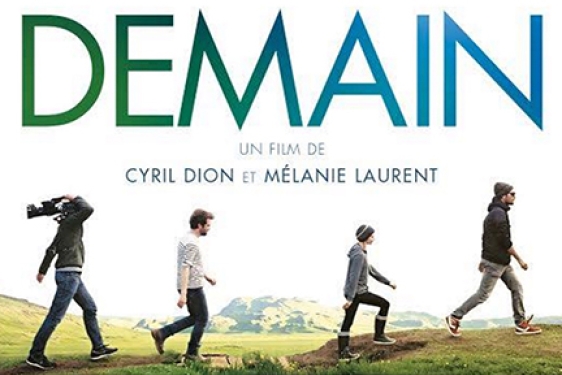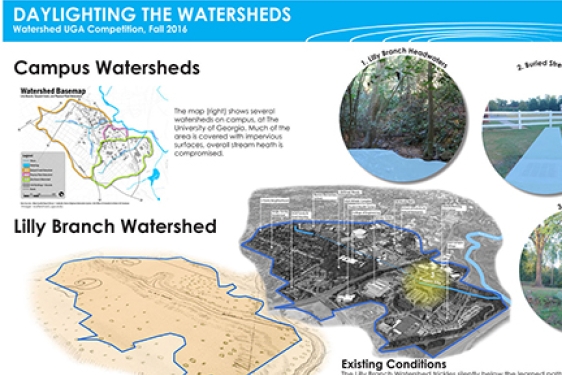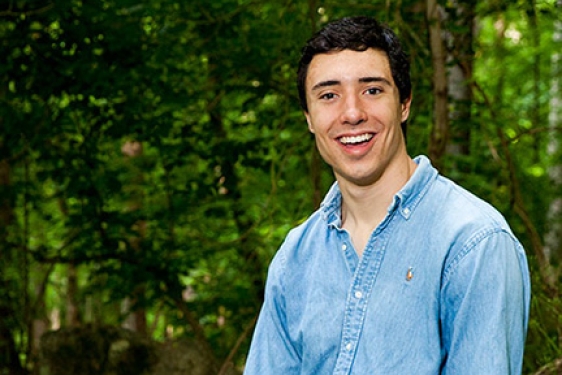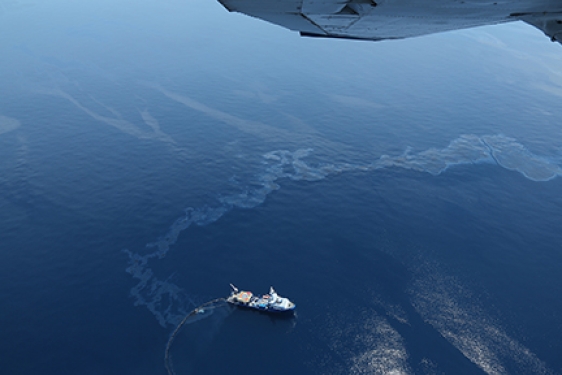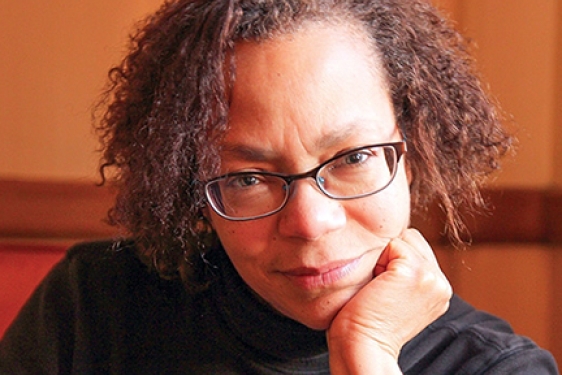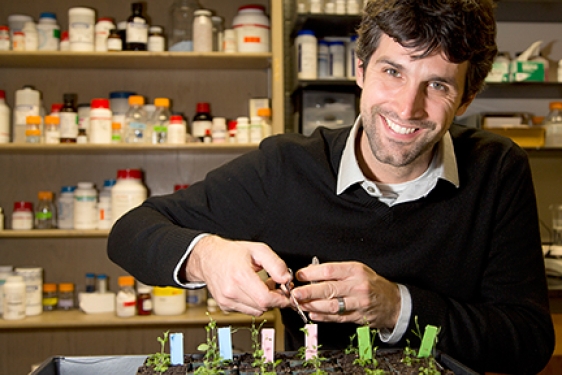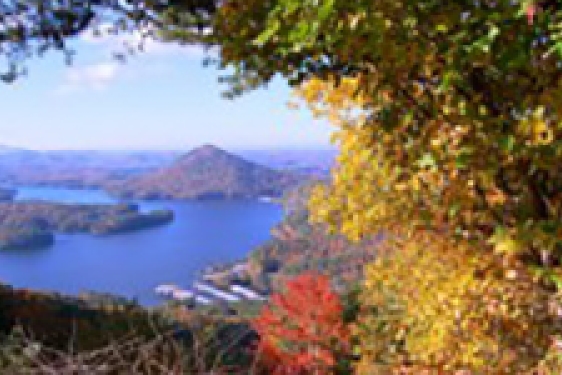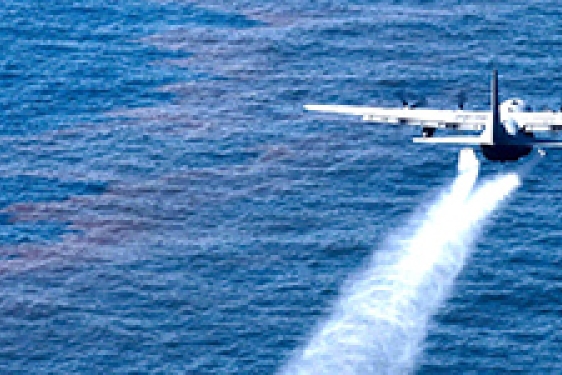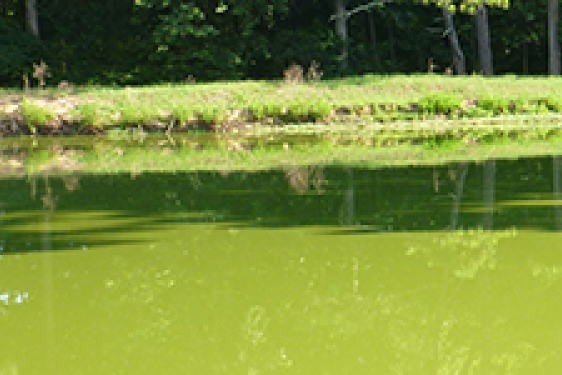Tags: Hugh Hodgson School of Music
As a member of Franklin College of Arts and Sciences Research Enterprise Support Team, Christopher serves as a contact for pre-award grant administration between the Franklin College Business Services Office (FBSO) and UGA’s Office of Sponsored Project Administration (SPA). He closely interfaces with Principal Investigators and Sponsored Programs in the submission of grant proposals.
The first Tuesday of the month series Tuesday Tunes is an opportunity to enjoy live music at the Georgia Center for Continuing Education featuring UGA student performers:
Join us for this phenomenal and FREE student music series featuring new groups and fresh music each month.
In August:
Jazz Quintet from 5:30-7:30, led by Michael Jarrell.
ALL musicians are students or TAs at UGA's Hugh Hodgson School of Music, part of the…
Hugh Hodgson School of Music Thursday Scholarship Series and Create Your Own Season subscriptions are available for purchase and renewal now through Friday, July 27th:
Whether you are a long-time patron, or a newcomer to our concert halls, we hope you will join us for what promises to be an outstanding year of classical favorites and exciting contemporary works. From Beethoven to Big Band, our talented students and faculty will inspire…
From higher storm surge and more frequent flooding along the coast, to erratic weather patterns that affect the many industries connected to agriculture and forestry, the state of Georgia and its citizens face a growing array of challenges related to climate change. Now, a multi-disciplinary team of experts from across the state has developed the Georgia Climate Research Roadmap, a list of 40 key questions that can help Georgia’s policymakers…
Remarkable growth in extramural funding to the university has led to an all-time high of $458 million in research expenditures for fiscal year 2017:
Externally funded research activity has climbed 37 percent over the past three years to $198 million in fiscal year 2017.
"This tremendous growth in productivity reflects the unyielding commitment of UGA faculty to solve the important challenges of our time," said President Jere W.…
Overlapping constituencies and interests strive to preserve an appreciation for beauty and "nature" but perhaps without the accompanying respect for how nature actually works. This new NSF-supported study highlights that there is just so much that we don't understand about how the world works:
For nearly a century, the O'Shaughnessy seawall has held back the sand and seas of San Francisco's Ocean Beach. At work even longer: the Galveston seawall…
Marine sciences professor Clark Alexander has been named director of the University of Georgia Skidaway Institute of Oceanography:
[Alexander] has served as interim director of the Skidaway Institute for the past year. As director of the Skidaway Institute, he will continue to oversee its personnel, budgets and facilities and report to the Office of the Senior Vice President for Academic Affairs and Provost.
"The Skidaway Institute of…
Additionally, methods or concepts from this research may be applicable to capturing other radioactive materials, cleaning nuclear waste materials, cleaning nuclear waste environments such as rivers and lakes, removing radioactive vapors released in the atmosphere during nuclear accidents like Fukushima, or capturing non-radioactive contaminants found in the semiconductor industry.
Nanoscience, she added, provides a way to use nature’s materials…
Seven years after the 2010 Deepwater Horizon oil spill, UGA researchers will embark on a new expedition to the deep waters of the Gulf of Mexico:
The 2010 Deepwater Horizon accident in the Gulf of Mexico resulted in the deaths of 11 oil rig workers and ultimately the largest marine oil spill in history. As this environmental disaster recedes into history, researchers from institutions across the U.S. continue to study its enduring ecological…
The event is part of Cine's Science On Screen series, a grant program sponsored by the Coolidge Corner Theatre and Alfred P. Sloan Foundation that creatively pairs film screenings with lively presentations by notable science and technology experts.
Tremendous opportunity for our students, courtesy of the Global Georgia Initiative and outreach efforts of Franklin College faculty members. $5 or free for Cine Members and Students with valid…
Prizes for the Daylighting the Watershed design competition were awarded at a roundtable discussion in early November, "How Artists, Scientists and Environmental Activists Can Work Together," that encapsulates how developing interdisciplinary expertise works:
Water is integral to life, but the problems of local watersheds are often hidden beneath us, said Laurie Fowler, executive director for public service and external affairs at the Odum…
Pulitzer Prize winning science journalist Deborah Blum presents “The Poisoner's Guide to Life” on Friday, Oct. 7 at 6:30 p.m. in the Odum School of Ecology auditorium.
The talk, which is part of the Natural History Lecture Series, is sponsored by the Friends of the Georgia Museum of Natural History, Franklin College of Arts and Sciences, Grady College of Journalism and Mass Communication, and the Odum School of Ecology. It is free and open…
For St. Simons Island native Jonah Driggers, the ecology of the small island community has instilled a sense of mission that has been shaped by his UGA experiences:
Although I began my freshman year with vague intentions of pursuing a career in business, I always harbored a love of the outdoors that was developed over years of Scouting and working in the garden with my dad. Experiences made possible through the Foundation Fellowship, like taking…
Marine scientist Samantha Joye organized a rapid response research cruise to assess the impact of a crude oil spill approximately 90 miles south of Timbalier Island, Louisiana:
The U.S. Coast Guard responded to the spill reportedly discharged from a Shell subsea wellhead flow line on May 12.
"Our goal for this response mission is to document the distribution of oil in the water column, to characterize the hydrocarbons and to assess the fate of…
Urban watersheds represent one of the most complex and intractable environmental quandaries: overlapping jurisdictions, streets, property boundaries and buildings make it all but impossible to reclaim any relationship to a naturally existing water collection basin. Watersheds are drainage points for surface water to reach a river or other outlet and they are essential for the health of both land and water. The heart of the UGA campus sits in the…
Friday and Saturday October 9-10, the Sixth Women and Girls in Georgia conference will be held in the Miller Learning Center:
The theme of this year's conference is sustainability. Presentation topics throughout the conference will explore the intersections of social, economic and environmental challenges as they relate to women and girls in the state, including environmental justice, local food, food insecurity, climate change, environmental…
An international group of scientists that includes assistant professor of genetics Dave Nelson has discovered how parasitic plants, which steal their nutrients from another living plant, evolved the ability to detect and attack their hosts. Their findings were published recently in the journal Science:
As plant roots grow, they release hormones called strigolactones into the soil. This is a signal that normally helps fungi form a…
Interesting findings from Warnell School researchers that could have much broader implications (than just the sites mentioned) - natural wilderness areas need the protection of buffer zones:
Coveted for their beauty, these wilderness areas draw innumerable outdoor enthusiasts eager for a taste of primitive nature.
But University of Georgia researchers say these federally protected nature areas have a problem: Their boundaries have become prime…
The complexity of what happened in the Deepwater Horizon/BP drilling platform explosion and resulting sea-floor oil gusher that flowed for 87 days is only dwarfed by what has happened in the time since. The clean-up, which began immediately, has been a Herculean effort that continues to this day. But a new perspective article in Nature by Samantha Joye and her colleagues brings attention to one problematic aspect of the clean-up: the use of…
It's not even the end of the month and Franklin faculty (plus one venerable old building) have been in heavy rotation across a variety of media, on many of the most important issues of the day. A sample of the great work from our experts:
The hidden history behind the 10 oldest college buildings in America. Hometalk.com includes UGA’s Old College in its list of “ten of the oldest hallowed hall still in use today.”
Criminal records keeping men…
In addition to his lecture, Wilson will give interpretive tours of the School of Art building on River Road March 26 at 6 p.m. The tours—known as the Cave and Mountain Tours, in which he describes as performances where he adopts the persona of a tour guide—are meant to create new relationships to familiar sites.
Cave and mountain tour, inside the Dodd. I like it. Bring your hard hat, learn more about your environment; understand the world…
An extraordinary new tool developed by some of our best researchers to protect Georgia's inland waterways by engaging the public that enjoys them the most:
In August 2014, dangerous levels of a toxin produced by harmful algal blooms in Lake Erie compromised the water supply in Toledo, Ohio, as well as many other smaller cities and towns. The bloom, spawned by large concentrations of cyanobacteria that occur naturally in all ecosystems, produced…



